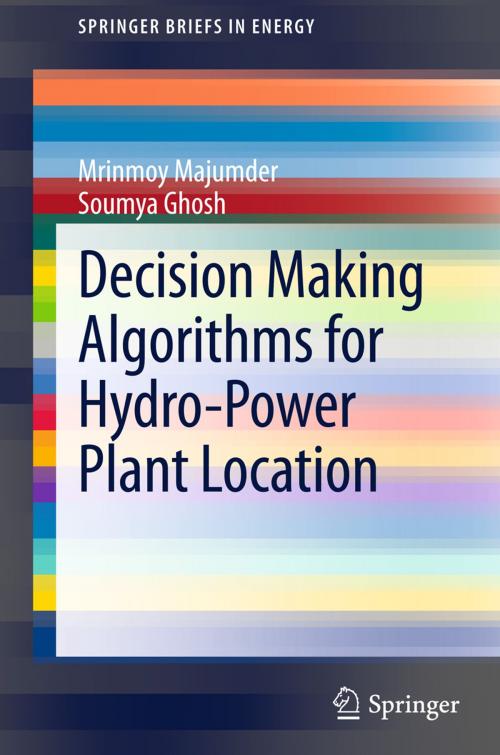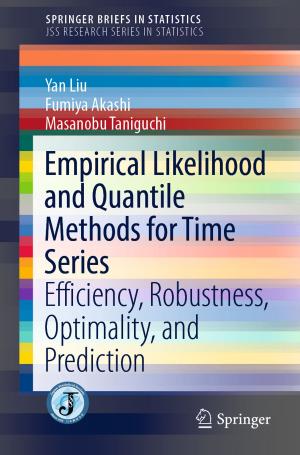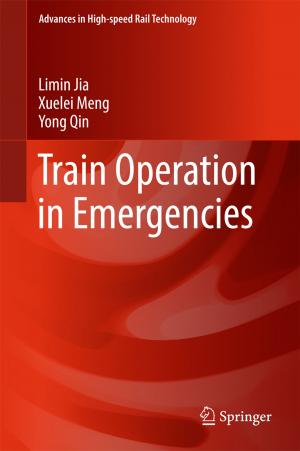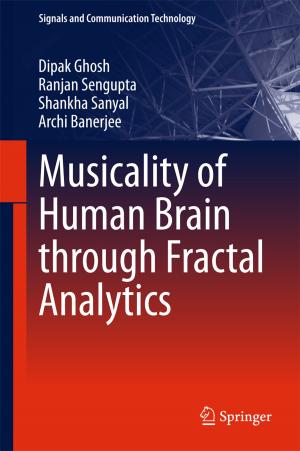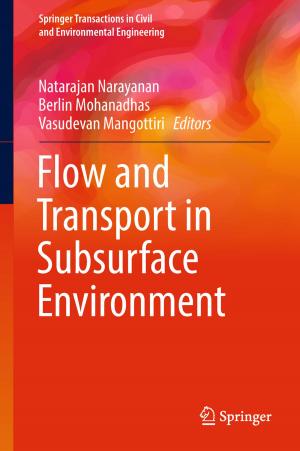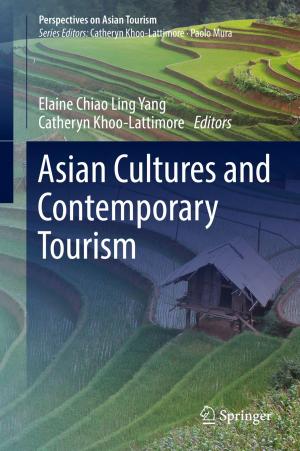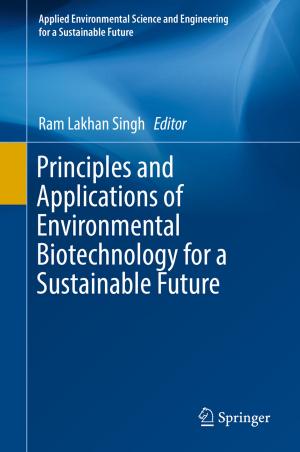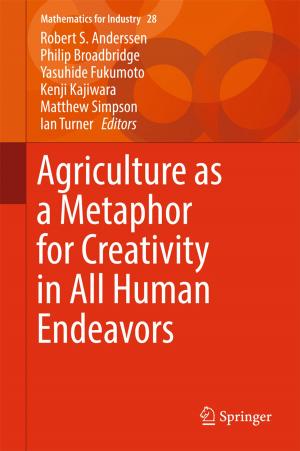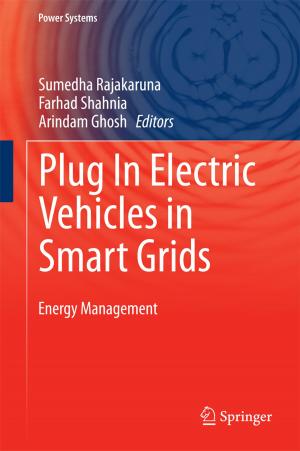Decision Making Algorithms for Hydro-Power Plant Location
Nonfiction, Science & Nature, Science, Physics, Energy, Biological Sciences, Environmental Science, Technology| Author: | Mrinmoy Majumder, Soumya Ghosh | ISBN: | 9789814451635 |
| Publisher: | Springer Singapore | Publication: | June 6, 2013 |
| Imprint: | Springer | Language: | English |
| Author: | Mrinmoy Majumder, Soumya Ghosh |
| ISBN: | 9789814451635 |
| Publisher: | Springer Singapore |
| Publication: | June 6, 2013 |
| Imprint: | Springer |
| Language: | English |
The present study has attempted to apply the advantage of neuro-genetic algorithms for optimal decision making in maximum utilization of natural resources. Hydro-power is one of the inexpensive, but a reliable source of alternative energy which is foreseen as the possible answer to the present crisis in the energy sector. However, the major problem related to hydro-energy is its dependency on location. An ideal location can produce maximum energy with minimum loss. Besides, such power-plant also requires substantial amount of land which is a precious resource nowadays due to the rapid and uncontrolled urbanization observed in most of the urban centres in the World. The feasibility of such plants also depends on social acceptance as well as the level of environmental casualty and economic benefit, all of which is also spatially dependent. Decision making algorithms are applied to identify better solution if a problem has more than one alternative explication. Nature based algorithms are found to be efficient enough to catalyze such kind of decision making analysis. That is why the present study tries to utilize nature based algorithms to solve the problems of location selection for hydropower plants. The study employed six different types of nature based algorithms to select one of the locations among many available for installation of hydropower plant in the North Eastern part of the Indian subcontinent. The locations are selected based on their in stream resources and included in the decision making as alternatives. A methodology of criteria selection, determination of weightage and applications of bioinspired algorithms are adopted to produce utmost exertion of the available natural resources with minimum hostility and wastage of the same.
The present study has attempted to apply the advantage of neuro-genetic algorithms for optimal decision making in maximum utilization of natural resources. Hydro-power is one of the inexpensive, but a reliable source of alternative energy which is foreseen as the possible answer to the present crisis in the energy sector. However, the major problem related to hydro-energy is its dependency on location. An ideal location can produce maximum energy with minimum loss. Besides, such power-plant also requires substantial amount of land which is a precious resource nowadays due to the rapid and uncontrolled urbanization observed in most of the urban centres in the World. The feasibility of such plants also depends on social acceptance as well as the level of environmental casualty and economic benefit, all of which is also spatially dependent. Decision making algorithms are applied to identify better solution if a problem has more than one alternative explication. Nature based algorithms are found to be efficient enough to catalyze such kind of decision making analysis. That is why the present study tries to utilize nature based algorithms to solve the problems of location selection for hydropower plants. The study employed six different types of nature based algorithms to select one of the locations among many available for installation of hydropower plant in the North Eastern part of the Indian subcontinent. The locations are selected based on their in stream resources and included in the decision making as alternatives. A methodology of criteria selection, determination of weightage and applications of bioinspired algorithms are adopted to produce utmost exertion of the available natural resources with minimum hostility and wastage of the same.
